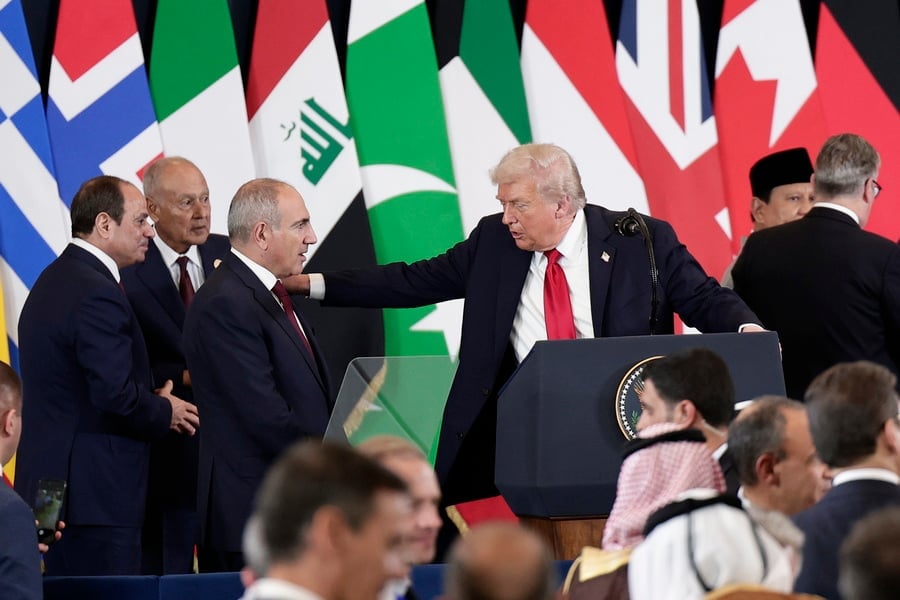In the late 1970s, when we were buying theater tickets in Moscow—say, for “Lenkom” or “Taganka”—they would always sell you an extra ticket “in the bundle” (в нагрузку) for some third-rate concert or play. It was obvious that we’d toss that additional ticket into the trash, but the goal was to shove unsold tickets down people’s throats. For us, however, it meant that the price of each proper ticket went up by two or three rubles.
In the TRIPP deal (let me remind you that it supposedly stands for Trump Route for International Peace and Prosperity), Armenia plays the role of that “extra ticket.” Formally speaking, such a deal couldn’t exist without the Armenian prime minister’s signature—but unfortunately, Armenia is not truly a party to it.
One can probably agree with American economist Jeffrey Sachs that this is essentially a deal among the U.S., Turkey (with Azerbaijan acting as its subcontractor), and Israel. One could also add: it’s a deal against Iran. Naturally, our southern neighbor is concerned, but after the Israeli strikes—carried out with U.S. participation—Iran has been weakened and can no longer voice its concerns “at full volume.”
Under different circumstances, Russia would have protested as well. Perhaps it will, once a ceasefire is achieved in Ukraine (though that prospect is nowhere in sight). For now, Moscow limits itself to vague talk about reviving the “3+3” format (the three South Caucasus states plus Russia, Turkey, and Iran)—a format that, after the signing of TRIPP, likely offers little benefit to Turkey.
Read also
Could Armenia have been a more serious actor in such a deal? I believe it could—had it pursued a more rational and consistent policy after November 9, 2020.
Is it still possible for Armenia to have a voice in the implementation of this deal? (I find the opposition’s calls to reject it altogether unrealistic and dangerous.) Yes, Armenia could have a say—if its leadership set such a goal.
But Pashinyan’s government does not set that goal—and, frankly, lacks the intellectual capacity to do so. The prime minister’s ambitions are far more modest: to have a photo or a short video in which he and Trump smile at each other, and to take pride in being seen as a world figure equal to Trump.
The worst possible behavior right now would be to jump into all this uninvited—to meddle in things just to remind others you exist. They won’t remember you anyway.
Aram ABRAHAMYAN




















































